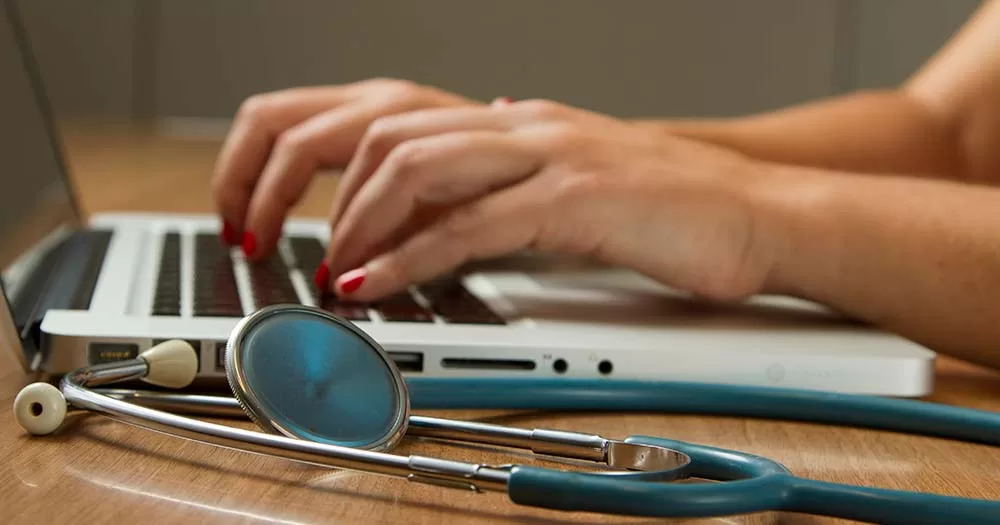Many hospitals and medical settings are working to become more progressive when it comes to understanding gender identities and queer relationships, but heteronormative practices in healthcare are pervasive, and can negatively impact LGBTQ+ patients and staff.
Heteronormativity refers to a cultural bias that assumes people are cisgender and heterosexual by default. In a medical setting, this means healthcare providers may make inaccurate assumptions about a queer person’s body, sexual activity, family or partners.
While these assumptions are often unintentional, they are not harmless.
Heteronormativity makes LGBTQ+ patients feel othered and less prioritised. In addition to creating an uncomfortable environment, making false assumptions about someone’s gender or sexuality can lead to LGBTQ+ discrimination in healthcare settings.
A 2022 report reviewed the prejudice and discrimination that LGBTQ+ medical staff and students face in the UK and found that while more staff are openly queer in the workplace than ever before, a considerable amount more needs to be done to make these spaces truly safe and accepting for LGBTQ+ patients and staff.
Over 94% of LGBTQ+ respondents heard homophobic ‘jokes’ or banter in their workplace. While this kind of banter may be commonplace in some settings, it can have a significantly negative impact on patients who experience or witness this behaviour. These jokes can create a culture of homophobia which endangers the safety of LGBTQ+ patients who may experience aggressions or be denied care altogether.
While many respondents described their workplaces as generally open-minded and accepting, the majority of LGBTQ+ respondents have personally experienced or witnessed discrimination within the past two years.
More than two in five (43%) of lesbian, gay, bisexual and queer (LGBQ+) respondents and almost half (49%) of trans respondents directly experienced homophobia or biphobia in the past two years. However, only 5% of heterosexual respondents thought discrimination may be an issue in their own workplace.
At least 71% of LGBQ+ respondents think that homophobia and biphobia are an issue in the wider profession, compared to just over a quarter (26%) of heterosexual respondents. A whopping 84% of trans respondents believe transphobia is an issue in the wider medical profession, compared to only half (49%) of cisgender respondents.
Thankfully, LGBTQ+ medical students and practitioners are actively advocating for changes to improve healthcare for all, and simply teaching medical professionals to stop being openly prejudiced toward LGBTQ+ populations is not enough.
All LGBTQ+ patients deserve to access safe and comfortable medical care free from discrimination. This requires medical environments to become actively affirming spaces where LGBTQ+ people can openly raise health concerns without fear of judgment.
Networks for LGBTQ+ doctors and medical students draw attention to these issues and advocate for better treatment. The Medical Student Pride Alliance works to improve LGBTQ+ health education and advocates for the health and safety of queer medical trainees by fostering a community of LGBTQ+ carers.
The work involves recognising that medicine involves more than diagnosing and treating disease, and instead teaching doctors to use a holistic approach when treating patients. This means accessing patients by understanding their specific needs based on social and cultural factors as well as symptoms.
© 2024 GCN (Gay Community News). All rights reserved.
Support GCN
GCN is a free, vital resource for Ireland’s LGBTQ+ community since 1988.
GCN is a trading name of National LGBT Federation CLG, a registered charity - Charity Number: 20034580.
GCN relies on the generous support of the community and allies to sustain the crucial work that we do. Producing GCN is costly, and, in an industry which has been hugely impacted by rising costs, we need your support to help sustain and grow this vital resource.
Supporting GCN for as little as €1.99 per month will help us continue our work as Ireland’s free, independent LGBTQ+ media.
